Instrumentation engineering is a valuable job that’s performed in a variety of areas but is rarely seen by the public. Instrumentation engineering refers to the creation, analysis, measurement, control, and maintenance of the industrial process. These are used in industrial areas like manufacturing, food processing, oil & gas, power, and energy production.
Instrumentation Engineering Books
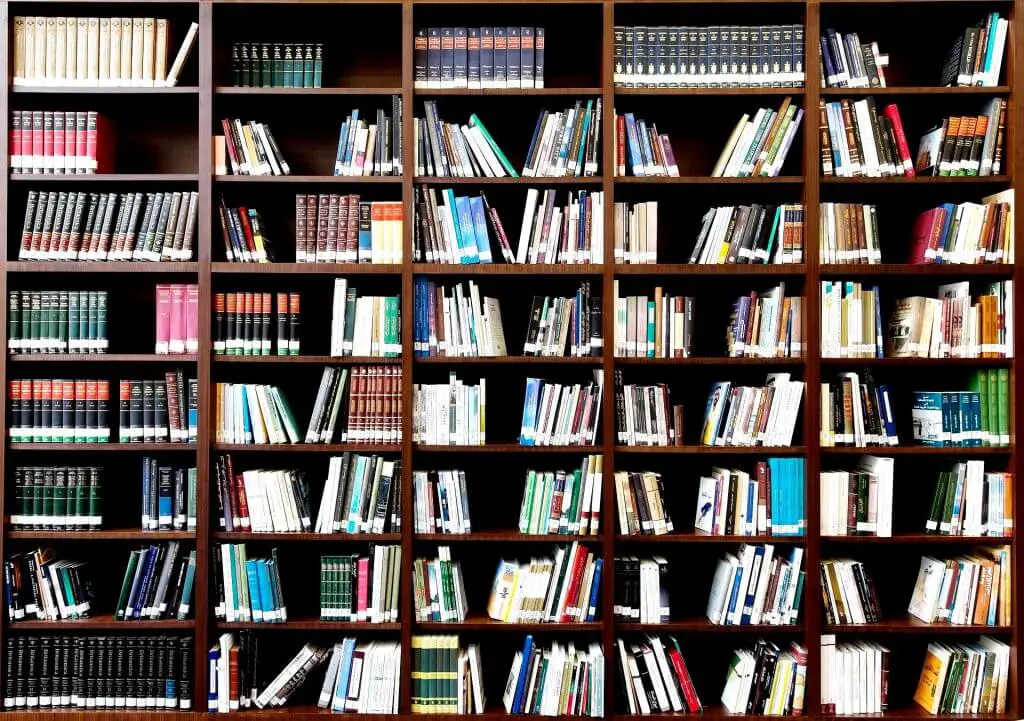
The industries have to follow government regulations and meet certain standards for quality. Achieving precision in these areas means that highly technical instruments and tools are used to analyze and survey each industry. Instrumentation engineers are the masterminds behind the success of any of these industries as they develop, maintain, and repair the required tools and instruments.
As such, there is a lot of education to complete. In fact, the Wall Street Journal reports that the majority of these jobs require a college education. Even though you don’t need a license for all sectors of instrumentation engineering, it’s important to rely on professional books for classroom or self-study. Read on for a list of the best books to purchase when studying this sector of engineering.
List of highly recommended Instrumentation Engineering books along with their authors and key details:
- “Introduction to Instrumentation and Measurements” by Robert B. Northrop
- Fundamental concepts, good for beginners.
- “Instrumentation Reference Book” by Walt Boyes (Editor)
- Comprehensive guide, ideal for professionals.
- “Process Control: Modeling, Design, and Simulation” by B. Wayne Bequette
- Focus on process control systems, relevant for process industries.
- “Measurement Systems: Application and Design” by Ernest O. Doebelin
- Covers measurement techniques and system design, ideal for both students and professionals.
- “Control Systems Engineering” by Norman S. Nise
- Focuses on the fundamentals of control systems, suitable for academic studies.
- “The Art of Instrumentation” by Franklyn W. Kirk and Nicholas R. Rimboi
- Hands-on approach, great for field engineers.
- “Industrial Instrumentation: Principles and Design” by Tattamangalam R. Padmanabhan
- Detailed insights into industrial applications, good for professionals.
- “Automated Continuous Process Control” by Carlos A. Smith
- Deals with automation in process control, suitable for advanced learners.
- “Flow Measurement Engineering Handbook” by Richard W. Miller
- Specializes in flow measurement techniques, ideal for specialists in the field.
- “Practical Process Control for Engineers and Technicians” by Wolfgang Altmann
- Practical guide, particularly useful for practicing engineers and technicians.
- “Principles of Industrial Instrumentation” by D. Patranabis
- Covers the basics and general principles, good for students.
- “Instrument Engineers’ Handbook – Process Measurement and Analysis” by Bela G. Liptak
- Comprehensive reference, suitable for advanced engineers.
- “Electrical and Electronic Measurements and Instrumentation” by A. K. Sawhney
- Detailed electrical and electronic measurement techniques, widely used in academia.
- “Biomedical Instrumentation: Technology and Applications” by R.S. Khandpur
- Focuses on instrumentation in the biomedical field, useful for specialized engineers.
- “Sensors and Transducers” by Ian Sinclair
- Covers various types of sensors and transducers, useful for field applications.
- “Handbook of Modern Sensors: Physics, Designs, and Applications” by Jacob Fraden
- Detailed guide on sensors, aimed at professionals and researchers.
- “Process/Industrial Instruments and Controls Handbook” by Douglas Considine
- Emphasizes on industrial controls, useful for plant engineers.
- “Real World Instrumentation with Python” by John M. Hughes
- Unique book that combines Python programming with instrumentation, good for engineers interested in software.
- “Control System Design: An Introduction to State-Space Methods” by Bernard Friedland
- Advanced control system design using state-space methods, suitable for postgraduate study.
- “Instrumentation and Process Control” by Terry L.M. Bartelt
- Provides an introduction to process control, suitable for technicians and technology students.
Instrument Engineers’ Handbook by Bela G. Liptak
This book volume series is the best resource for any instrumentation professionals working in the industries. The author teaches the technical concept in detail with practical examples. These books are expensive and available in different volumes as listed below.
Volume 1: Process Measurement and Analysis
Volume 2: Process Control and Optimization
Volume 3: Process Software and Digital Networks
This is the top preference book to learn about instrumentation.
Measurement and Control Basics by Thomas A. Hughes
This book is a fantastic introduction to the basic concepts of industrial instrumentation. It can be used in a classroom setting, but it’s ideal for self-study as it includes exercises and their answers. Beginning engineers will find this book to be a great learning tool, while professionals may wish to purchase it as a reference resource.
Each chapter contains a breakdown of different key concepts in industrial instrumentation, including definitions of common terms. For example, readers will find chapters discussing control systems, human-machine interface (HMI), and industrial networks. These explanations prove invaluable to students seeking a comprehensive introduction to the material or engineers who need a refresher on specific terms and concepts.
Understanding Smart Sensors by Randy Frank
Smart sensors are the pinnacle of technological achievement in many industrial sectors. These sensors allow robots to work right alongside human workers and create products with a higher level of precision than has been achieved before. However, smart sensors aren’t smart unless the designer and maintenance worker are able to craft and control it effectively.
For engineers who want to work in the manufacturing field, there are countless robots involved in production today, according to Britannica. This book offers an excellent introduction and explanation of how the computer in a smart sensor works and must be maintained. Subject matters in the book include a discussion of the applications of smart sensors, including their use is energy harvesting and wireless technology.
Industrial Instrumentation by D.P. Eckman
Students of industrial instrumentation will find this book to be a useful learning tool. This is designed with grad students in mind to further their understanding of how to approach their work. It reviews many important principles for measurement methods and evaluation process control systems. Not only does it provide an overview of accepted methods, it also reviews other information that is handy for employed engineers.
Such chapters include overviews of physic concepts and terminology, how to apply engineering fundamentals to specific tasks, and ways of approaching measuring issues with thoughtful analysis. To keep readers sharp, Eckman has included a variety of mathematical and situations problems that engineers can work through.
Computer-Based Industrial Control by Krishna Kant
This book is another resource suited to a wide scope of instrumental engineers. It can be used as a study guide for undergraduate students, assist researchers who need further explanation of engineering concepts, and it can aid professionals while they are on the job. The first portion of the book offers a brief history of automation in production industries and offers case studies, too.
Further on in the book, readers will find fully explained sections on process control. For example, there are breakdowns of the best techniques and methods to approach instrumentation issues. Also included are solutions to faulty computer components and subsystems. It’s a great resource to bring on the job and reference when you need guidance on where to look next.
Control Systems Engineering Exam Reference Manual: A Practical Study Guide by Bryon Lewis
Not every position in the instrumentation engineer field will require a license. For example, you can work under a licensed engineer on specific projects as a valuable team member and perform hands-on adjustments. You can also act as a liaison between clients or suppliers and the design or repair team.
However, becoming a professional engineer with a Control Systems License does open up a vast number of opportunities. If you’re interested in taking the exam, this manual is an excellent resource. It provides an overview of what to expect during the exam, useful information, and practice examples. Consider purchasing it to study in the time leading up to your licensing test.
Electrical And Electronic Measurements And Instrumentation – A.k.sawhney
This book has chapters on the electrical and electronic measurement of systems, characteristics of instrument and measurement systems, statistical analysis and their errors in measurement, dynamic characteristics of instruments& measurement systems, circuit components, analog instruments, galvanometers, ammeters, voltmeters, ohmmeters, etc.
Calibration: A Technician’s Guide (ISA) by Mike Cable
This book helps the instrument technicians to learn about the calibration basics and procedures of pressure, flow, level, and temperature transmitters.
This book covers topics like Terminology, P&ID, calibration, instrument diagrams, procedures, etc.
Instrumentation and Control Systems Documentation Book by Clifford A. Meier and Fred A. Meier
This book provides the basic knowledge required for any instrument engineer or technician to study and learn about the different symbols used in industrial instrumentation. Also, provides basic information about the instrumentation documentation.
Conclusion
Becoming an instrumentation engineer requires a high level of study and discipline. However, such a pursuit ensures that manufacturing and processing industries continue to function without interruption. Without these crucial engineers, it would be impossible to maintain the speed or quality of energy and material production.
Whether you are studying in college, performing self-study, or currently working as an instrumentation engineer, these books should certainly be added to your library. No one knows it all, and having a resource on hand is the best way to stay on top of your schooling or professional workload.
About the Author
This article on instrumentation engineering was written by Harrison Coventry. Harrison is currently employed at Edusson as a highly skilled writer in the field of engineering. In addition to working as a blogger, Harrison also educates others with his engineering expertise. He has been published in many journals relating to this topic. Harrison continues to work on his professional development and stays up to date on the latest trends in instrumentation engineering.
Any books missed? Share with us through the below comments section.
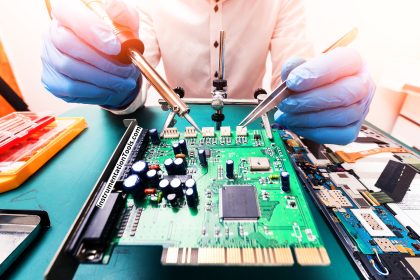
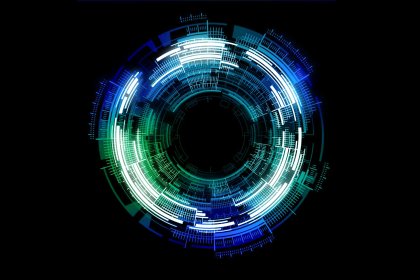
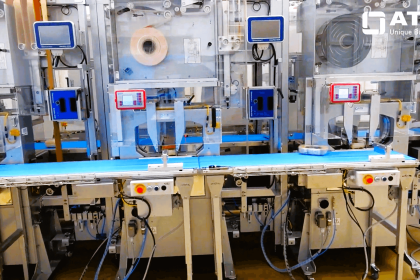

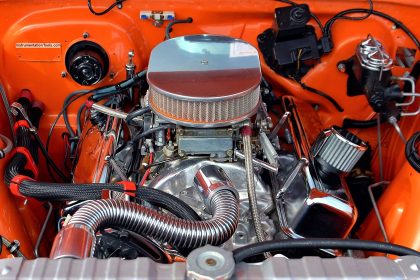
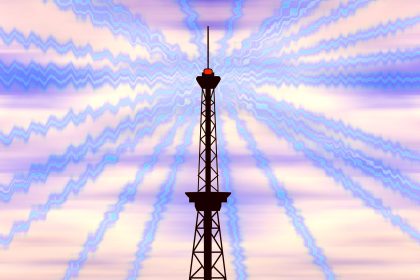
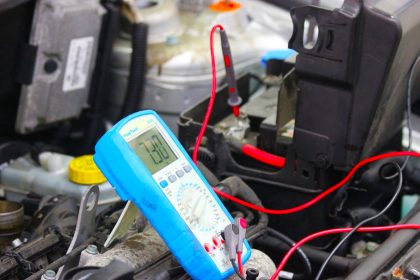
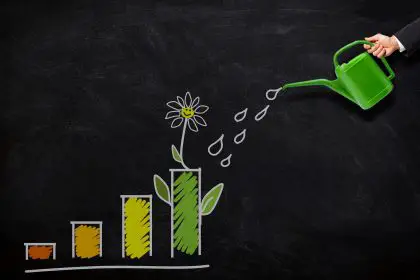
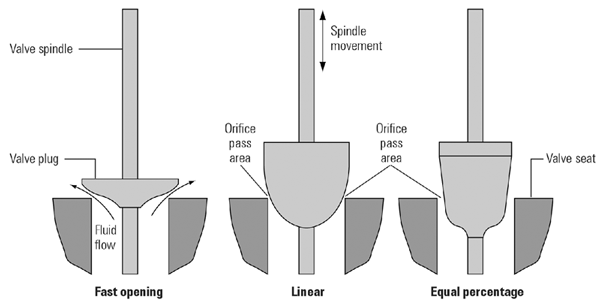
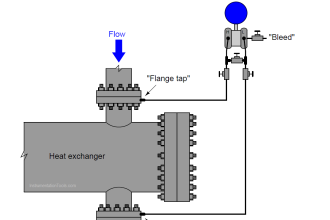
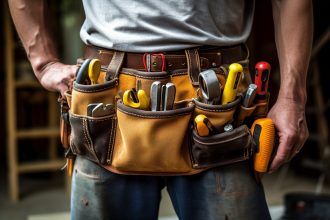
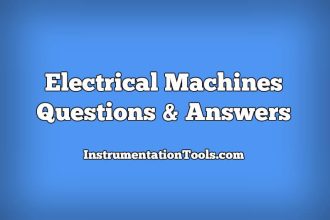
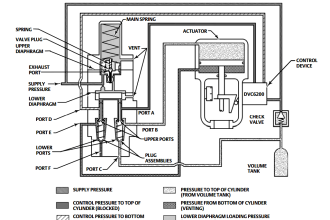
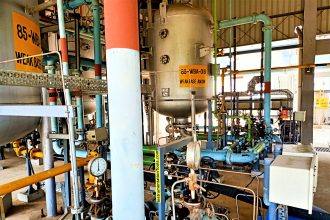
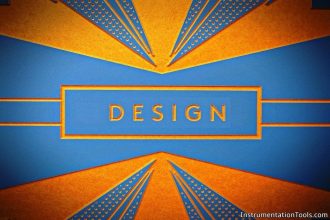
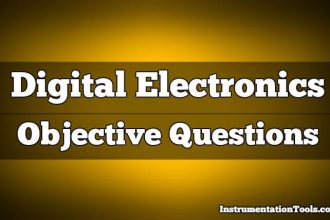

Industrial Flow Measuremenr by David W. Spitzer
About the Book
Modern flowmeters handle many more applications than could have been imagined centuries ago. Today’s flow measurements encompass operating conditions that range from capillary blood flow, flows over spillways, flow of gases, plasmas, pseudo-plastics, solids, and corrosives, to name but a few. This text reviews the important concepts of flow measurement and provides explanations, practical considerations, illustrations, and examples of existing flowmeter technologies. It presents a rational procedure for flowmeter selection that is based on factual information. This text is directed to technical personnel involved with flow measurement from technicians through engineers and managers, to scientists. Sales engineers and instructors at community colleges and technical schools may also benefit.